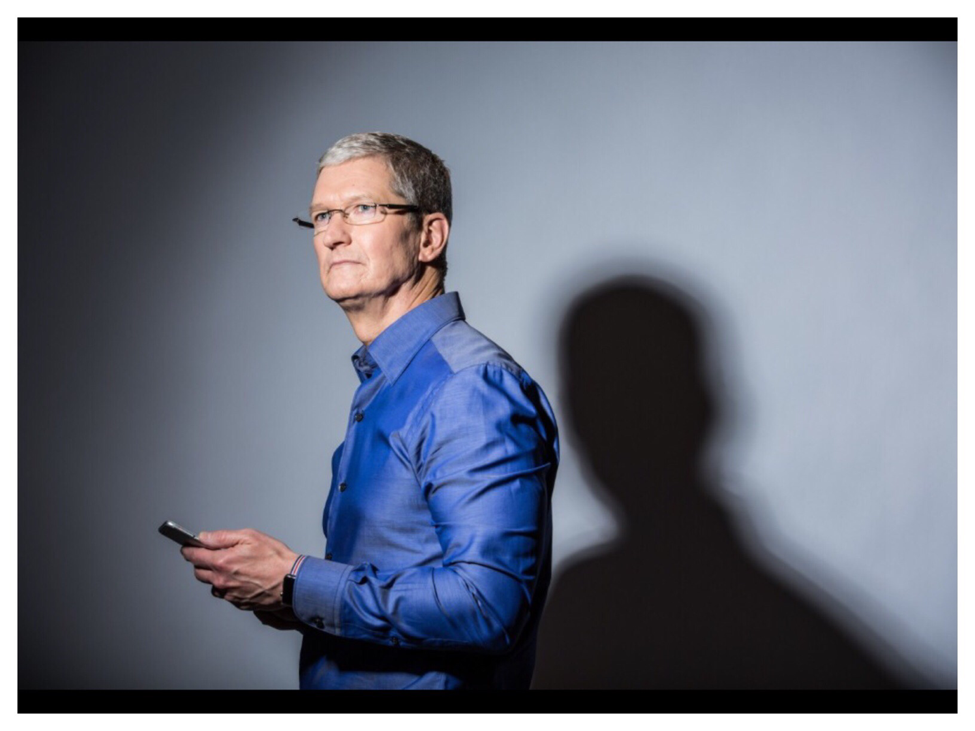I also think that the traditional CEO believes his or her job is the profit and loss, is the revenue statement, the income and expense, the balance sheet. Those are important, but I don’t think they’re all that’s important. There’s an incredible responsibility to the employees of the company, to the communities and the countries that the company operates in, to people who assemble its products, to developers, to the whole ecosystem of the company. And so I have a maybe nontraditional view there. I get criticized for it some, I recognize. But I’ve never wanted to the be stereotypical CEO. I don’t think I’d be very good at it., honestly. And I don’t think for Apple that would in the long run be good for the company. If you care about long-term shareholder return, all of these other things are really critical. -Tim Cook
That may have been true for a small measure of CEOs back in the early days of the industrial revolution but times have changed. At the very least, you can say that the modern mantra concerning Tim’s big three concerns is “do no harm”. But more and more, companies are finding that it is in their best interest from a bottom line perspective to treat their employees well to reduce turnover, delight customers who will return for more, and respect communities where they sell their products.
Further, Tim’s actions speak louder than his words. Like a brazen bull rider unafraid to take on the beast, he dismisses being income statement focused. Yet, he would rather take out loans to fund his ongoing operations than to bring Apple’s foreign earnings back to pay the bills. Why? Because avoiding paying taxes to the US government on all that cash is the right business decision. The kind of decision that a traditional CEO would support. But is it the “right” decision?
Also, if you look at Apple’s product portfolio from a financial perspective and the the product decisions that they make. You can’t help but admire the shrewdness with which they operate. There’s a sweet spot between balancing shareholder interests versus your customer interests. Moving too far either way can be disastrous for the company who is caught in the middle. But Tim Cook has managed to keep Apple right in the middle where profit is maximized to the fullest. Like a traditional CEO would do. If the income statement isn’t at the top of his priority list, it certainly is at the top of someone else’s there at Apple.
Like the great economist Walter E. Williams always says, money is a measure of man’s service to man. The more you have earned, the more you have served. There is no shame in a corporation pursuing greater value for their shareholders when that value is created by serving your fellow man. CEOs need to be in touch with their customers so that they can see what needs are not being met. Like the biblical proverb of the three servants who present their earnings to their master upon his return from a long journey. The greater the earnings, the greater the reward.
Update - It appears that The Washington Post has removed the article for some reason. I've added in the quote I was writing about since it's no longer available on-line.
Update #2 - The article is back, but the title changed from "Stepping out of Steve Jobs's shadow" to "Running Apple is sort of a lonely job".




 RSS Feed
RSS Feed